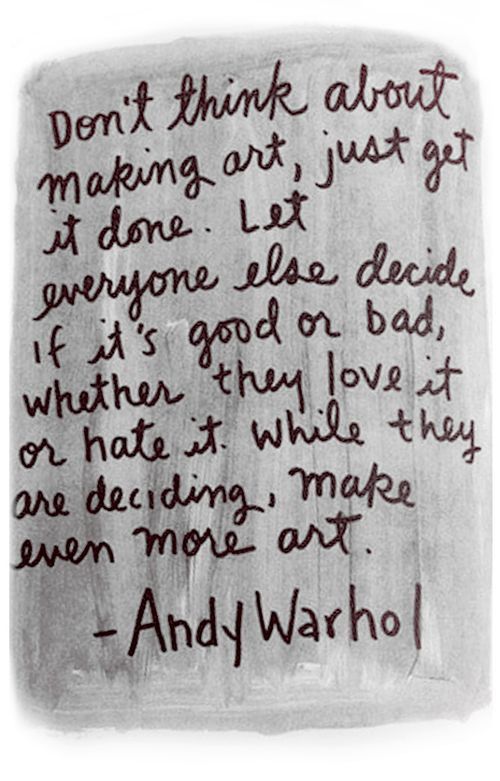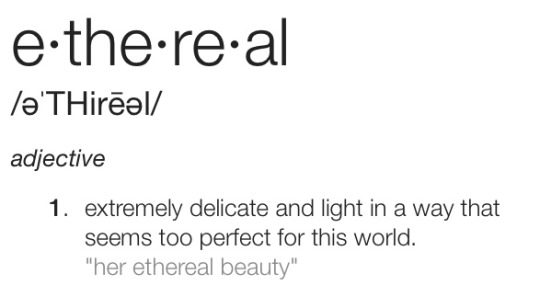Text
How to Improve the Conflict in Your Story
If your story lacks conflict, there’s a good chance you won’t keep readers hooked. It’s almost impossible to go through a day without any conflict. For example, did you have trouble finding your keys? Could you find a parking spot at work or school? Did you forget to do some homework? This is all conflict, even if it’s nothing that will necessarily ruin your day.
All characters need or want something, so this will be the source of your conflict and tension in your story. Your character needs to come across some obstacles. They need to be challenged. Without this conflict, your story will be incredibly boring.
Here are a few tips to make your conflict stronger:
Include all kinds of conflict
There are certain life-changing moments that will alter your main character’s life forever, but a novel needs to be made up of both big and small conflict. For example, your main character can suddenly be thrust into a situation where they need to stop the antagonist or the world will end, but they can also be a situation where they simply have a frustrating day. A small conflict does not lessen the bigger conflict, it actually helps humanize your main character and make them more relatable. We have both big and small moments in our life, but they all eventually add up and tell the story of us.
Focus on character values
Conflict doesn’t work properly if you take away something your main character doesn’t care about. They need to really be fighting for something they believe in for it to matter to any of us. Think about what your main character values most. Their family? Love? Friendship? It can even be something like freedom or the ability to make their own choices. If any of those things are threatened, that will create incredible conflict that we all care about. If your character feels deeply about something, they’re going to be extra motivated to save it.
Raise the stakes
There needs to be some risk involved in order to create conflict. If the conflict is easily resolved and will not change your main character’s day-to-day activities, it will get boring really fast. Writing a novel isn’t just about conflict/resolution, it’s also about sustaining that conflict throughout your novel. Say your main character needs to get to a location. The journey itself might be difficult enough just getting there, but then he comes across a dragon that he has to defeat. That’s raising the stakes of the original conflict. Making things more and more difficult until there’s finally a resolution will create suspense. You have to keep adding on to it.
-Kris Noel
4K notes
·
View notes
Photo
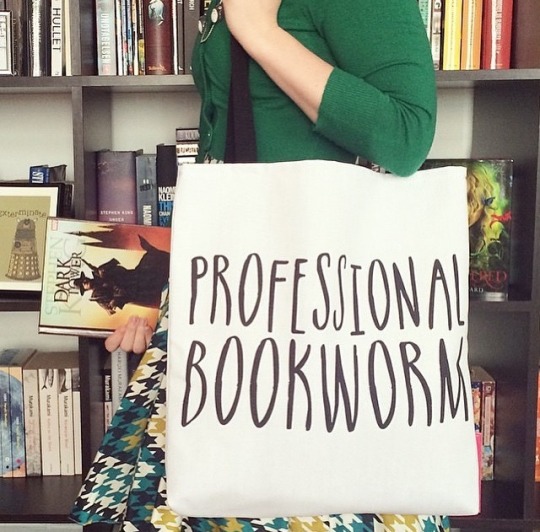




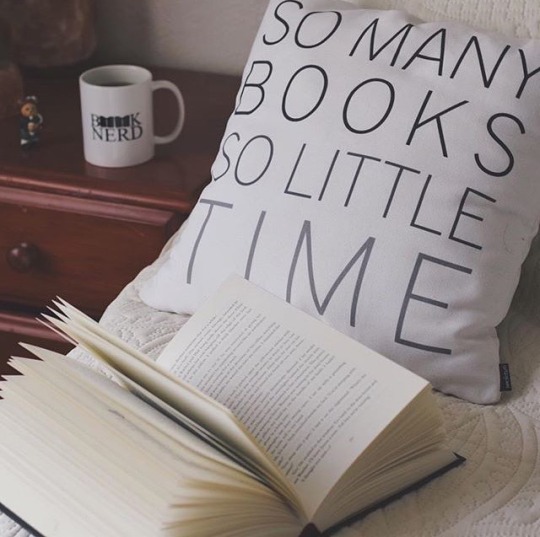



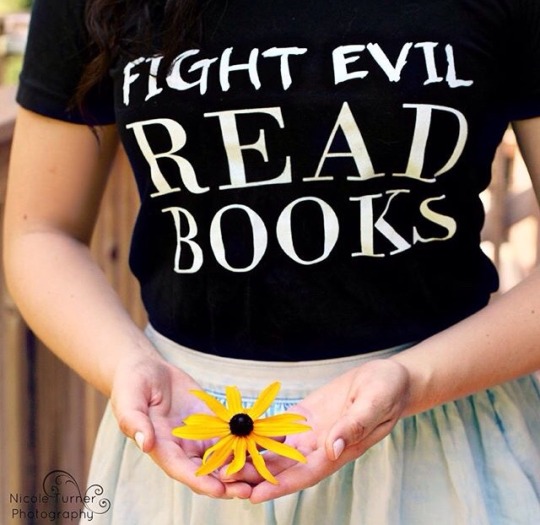
Bookworm Boutique! If you’re interested in seeing all the products/designs I have on offer you can check them out on Society6 and Redbubble!
5K notes
·
View notes
Quote
I don’t know much about creative writing programs. But they’re not telling the truth if they don’t teach, one, that writing is hard work, and, two, that you have to give up a great deal of life, your personal life, to be a writer.
Doris Lessing (via writingbonesblog)
802 notes
·
View notes
Quote
Imagine yourself in the scene. See what there is to be seen. Listen to the sounds. Touch the world. Smell the air. Taste it. Use all of your senses.
Then evoke those experiences for the reader. If you give the audience the flavor, they’ll flesh out the moment in their own imaginations.
David Gerrold (via writingquotes)
1K notes
·
View notes
Quote
You start by writing to live. You end by writing so as not to die.
Carlos Fuentes (via psliterary)
133 notes
·
View notes
Text
Some NANOWRIMO advice for when you’re writing and find yourself stuck in the middle of a scene:
kill someone
ask this question: “What could go wrong?” and write exactly how it goes wrong
switch the POV from your current character to another - a minor character, the antagonist, anyone
stop writing whatever scene you’re struggling with and skip to the next one you want to write
write the ending
write a sex scene
use a scene prompt
use sentence starters
read someone else’s writing
Never delete. Never read what you’ve already written. Pass Go, collect your $200, and keep going.
475K notes
·
View notes
Quote
Because as any writer will tell you, an IDEA for a book is like falling in love, it’s all wild emotion and headlong rush, but the ACTUAL ACT of writing a book is like building a relationship: it is joyous, slow, fragile, frustrating, exhilarating, painstaking, exhausting, worth it.
Ben H. Winters (via writingquotes)
19K notes
·
View notes
Quote
He was not poetry.
And you were not a poet.
But still you wrote the
stars into his skin
as if he were the only sun
you would ever know.
sun, skin, and stars, he lingers on your tongue | via p.d (via minhosonya)
4K notes
·
View notes
Link
‘Last week, I discussed how to introduce your character in the first few lines. This week, I look at rounding out your character by adding layers of characterisation.
The theory
Before we look at examples, let’s consider some theory:
1. Show, don’t tell: when it comes to characterisation, it’s critical that you show the reader who your character is, and not tell. An effective way to do this is to use dialogue and action in a scene, but it doesn’t stop there. You can add details about a character’s appearance, manner, spaces, and possessions.
2. Appearance: how does your character dress, what accessories does she wear, and how well groomed is she?
3. Manner: how does your character interact with the world around him? Think of his speech, gestures, gait, and any habitual movements he may have.
4. Spaces: what does your character’s house look like? Her office? Her bathroom cabinet? Her fridge? Think about virtual spaces too – what does her Facebook profile or Instagram account look like?
5. Possessions: this is less about the possessions in your character’s spaces, and more about his relationship to certain possessions. What is your character’s favourite possession, and why? What does he always take with him when he leaves home? Include significant details only: as writers, we want to create real characters. We need to be careful, though. There’s a fine balance between creating a rounded character, and boring readers with the minutiae of your character’s life. To avoid the latter, pick only those details that pack the biggest characterisation punch, and then weave them skilfully into your story. It’s a bit like leaving a trail of breadcrumbs for your readers to follow.
Create interplay between these elements: it’s not only the individual elements of appearance, manner, spaces, and possessions that are effective in showing who a character is, but the interplay between them.’
Follow this link to read The practice
107 notes
·
View notes
Quote
The best and worst thing a writer can tell you is that they’ve written about you.
(via booksyrup)
141 notes
·
View notes
Photo


Just a normal Wednesday on the internet with hazlittmag.
380 notes
·
View notes
Note
I just read your article on HelloGiggles about being 25 and never been kissed. I found it super encouraging (as I am 20 and have never been kissed). Really cool of you to put that out there, keep up the good work! I'm also a writer!
😊😊Thank you!! It's crazy to me to see how many people in their 20's or later either haven't been kissed yet or got kissed late. We are certainly not alone haha. (Also, I'm always so excited to meet other writers! I'd love to read some of your work if you have it posted!)Best wishes!!
3 notes
·
View notes
Quote
"Start writing, no matter what. The water does not flow until the faucet is turned on."
Louis L'Amour
3 notes
·
View notes
Note
Basically what that last ask was trying to say was thank you for your article. Sometimes media can make you feel left out because you don't have the experiences other people do. Articles like your remind us that we all exist in our own unquie ways and that lives are all really varied. so thanks for that little reminder
😊Thank you so much for sharing your story, and for taking the time to read mine. I completely understand what you mean about the media; it can definitely feel that if you don't hit certain markers by certain times, your peers have left you in the dust. If you're interested, I'd like to give you a book recommendation? It's called "Never Have I Ever" by Katie Heaney, and it's about a woman who has never had a date (she's in her twenties, I believe.) I read it about a year ago and it was amazingly helpful.Best wishes!!
7 notes
·
View notes
